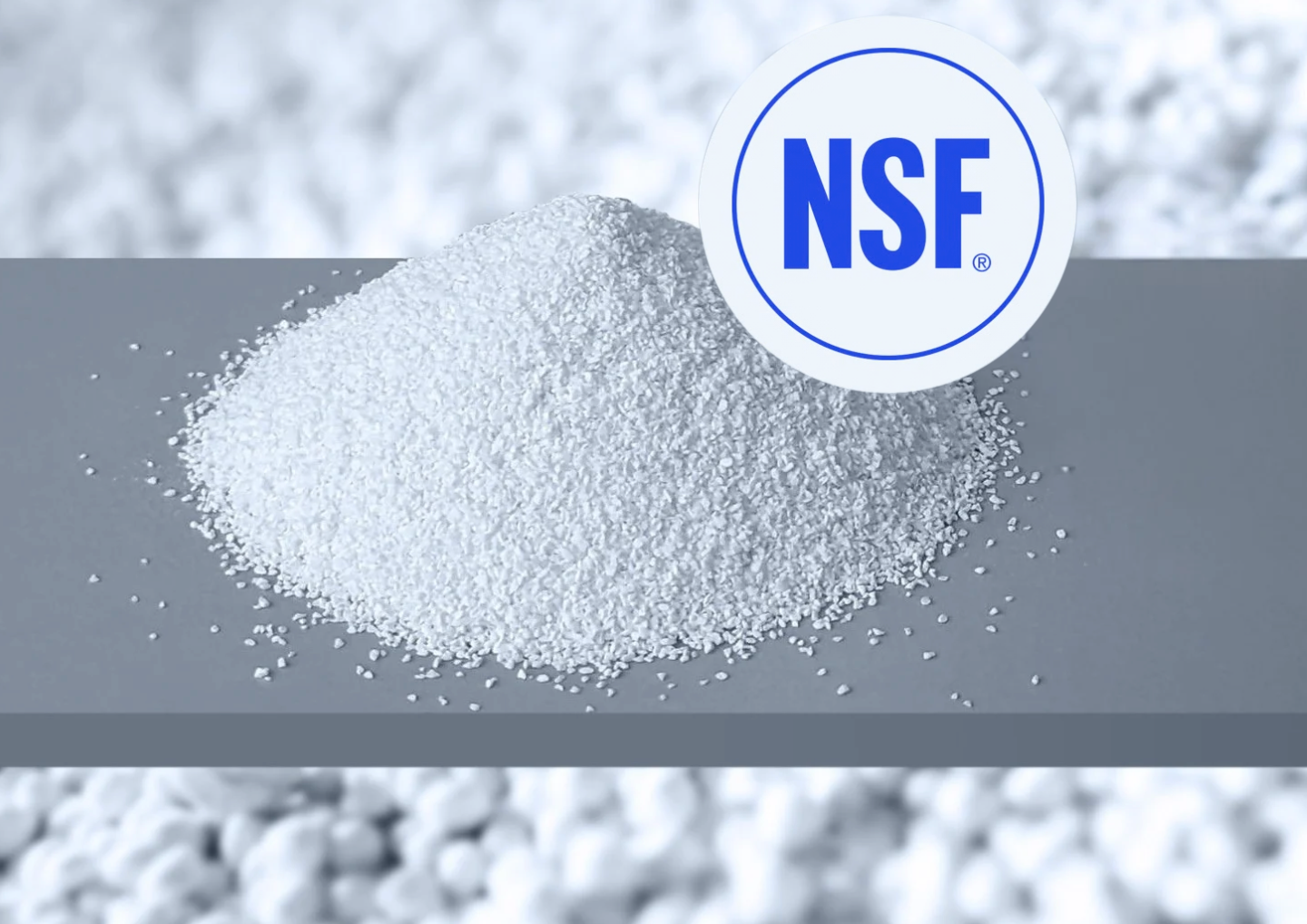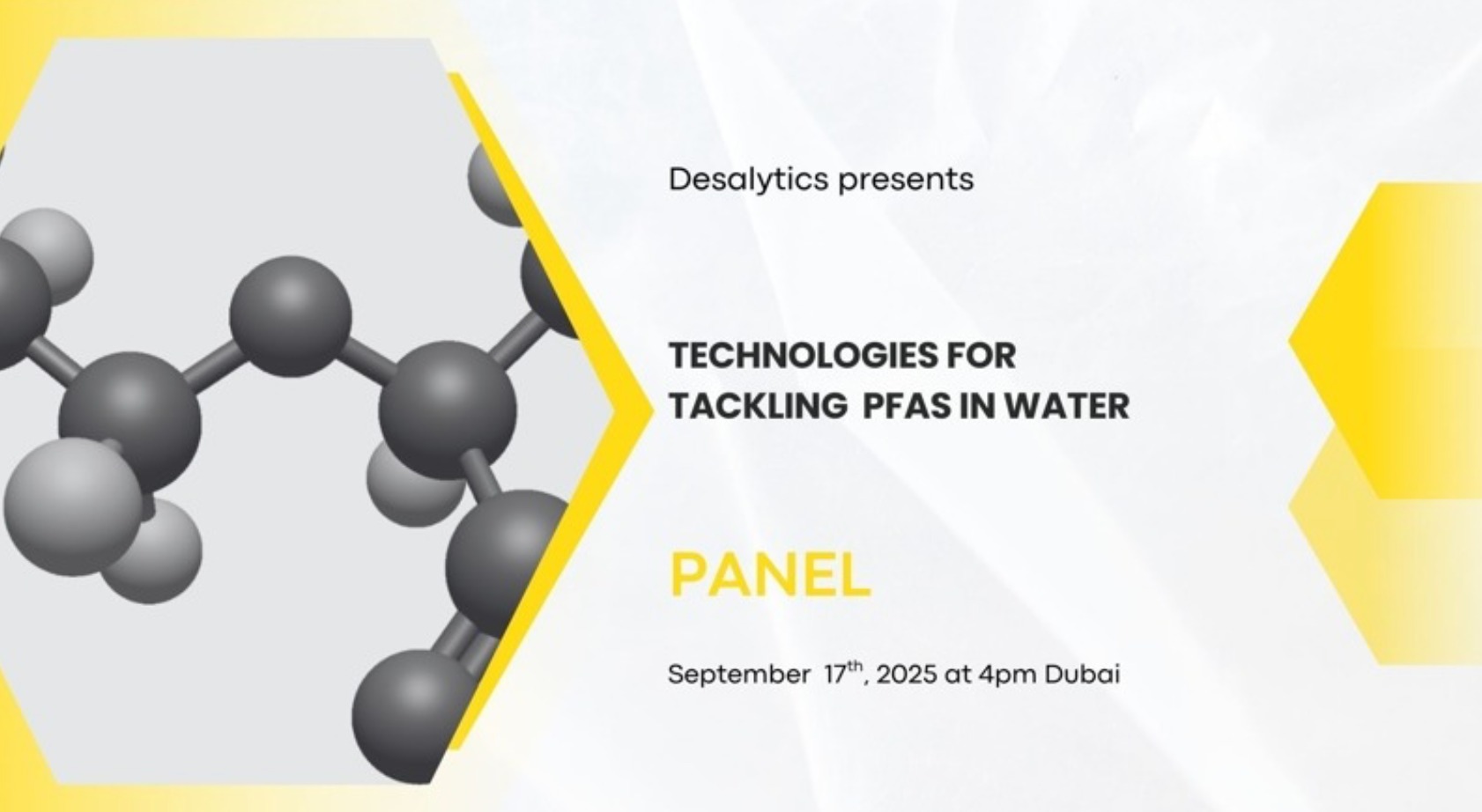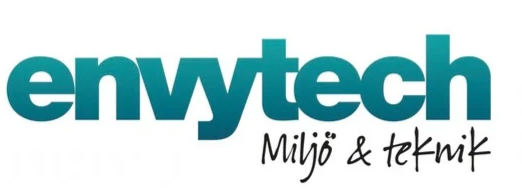PFAS in UK Drinking Water: Why the Forever Chemicals Crackdown Signals a Turning Point for Safe, Sustainable Water Treatment
A recent BBC analysis has revealed that more than 6 million people in the UK are served by water sources containing potentially harmful levels of PFAS, also known as “forever chemicals.” These substances, used since the 1940s in everyday products such as non-stick cookware, waterproof clothing, and firefighting foams, persist in the environment for decades, making them one of the most complex pollutants to manage.
The Drinking Water Inspectorate
(DWI)
has issued multiple enforcement notices requiring water companies to act on elevated PFAS levels that could “constitute a potential danger to human health.” These actions mark a pivotal moment in the UK’s response to PFAS contamination and underline the urgent need for innovative treatment solutions.
What Are PFAS and Why Are They a Problem?
PFAS (per- and polyfluoroalkyl substances) are a group of over 4,000 synthetic chemicals known for their resistance to heat, oil, and water. Unfortunately, these same properties make them highly persistent, earning the nickname forever chemicals.
Studies have linked certain PFAS compounds, such as PFOA
and PFOS, to health concerns including thyroid disorders, kidney disease, and increased cancer risks. Even at extremely low concentrations (measured in micrograms per litre), PFAS can pose a risk to human health and the environment.
The Enforcement Response and Regulatory Gaps
The BBC’s analysis of DWI enforcement notices highlights 23 areas across the UK where PFAS levels exceeded safety thresholds. When this occurs, water companies must increase testing, strengthen treatment, or, in some cases, remove the affected water source entirely.
While the DWI maintains that UK water remains safe, environmental groups and scientific bodies, including the Royal Society of Chemistry, have urged the government to make PFAS limits legally binding and aligned with stricter international standards. The UK’s current guidance level (0.01 μg/L) is 2.5 times higher than the new limits adopted in the United States, raising questions about whether UK standards adequately protect public health.
A Turning Point for the UK Water Industry
The government is preparing a white paper in response to an independent review that called for stricter treatment requirements to safeguard public health. This shift could usher in a new era of opportunity for water utilities, regulators, and innovators alike.
For too long, the conversation around PFAS has centred on detection. The next phase must focus on removal, recovery, and responsibility. By leveraging next-generation technologies, the UK water sector can transform PFAS mitigation from a regulatory challenge into a sustainability milestone.
For the latest on PFAS and water regulation, follow PFAS Pulse for trusted analysis and updates.

Puraffinity is pleased to announce that its G400+ adsorbent media has been certified to NSF/ANSI/CAN 61 and NSF/ANSI/CAN 372 standards for Point of Entry (POE) and Water Treatment Plant End Use applications The certifications confirm that G400+ meets the required health effects criteria for materials used in drinking water system components. This milestone enables Puraffinity to support installations where NSF-certified products are required, including municipal drinking water applications. “As a member of the American Water Works Association (AWWA), I see this certification as an important step for broader municipal adoption, ” said Neal Megonnell, Chief Commercial Officer at Puraffinity. “It enables utilities to deploy our technology where NSF compliance is required, and it strengthens our ability to scale PFAS treatment solutions while maintaining the highest standards of safety and performance.” Designed for highly effective PFAS removal with rapid kinetics, the advanced adsorbent media G400+ supports compact system design and efficient treatment across a wide range of water matrices. Building on this milestone, the company continues to advance water treatment solutions that help utilities and industry address PFAS compliance and protect drinking water quality.

An exclusive panel featuring Puraffinity CEO Vincent Caillaud, who will join industry leaders to discuss cutting-edge solutions for combatting PFAS, “forever chemicals”, in drinking water. With PFAS contamination presenting urgent health challenges due to their extreme persistence, mobility, and health impacts at trace levels, this session will spotlight the realities of PFAS in water supplies, the latest science driving regulatory change, and the next generation of removal technologies.

WEFTEC 2025 is the world’s largest annual water quality conference and exhibition, held September 27–October 1, 2025, at McCormick Place in Chicago. It gathers over 20,000 water professionals from 100+ countries to explore cutting-edge water technologies, attend technical sessions and workshops, and network with sector leaders. The event features a massive exhibition of advanced solutions, educational opportunities, and speciality pavilions focused on topics like sustainability and digital innovation. Our CEO, Vincent Caillaud , and CCO, Neal Megonnell , will be in attendance.



